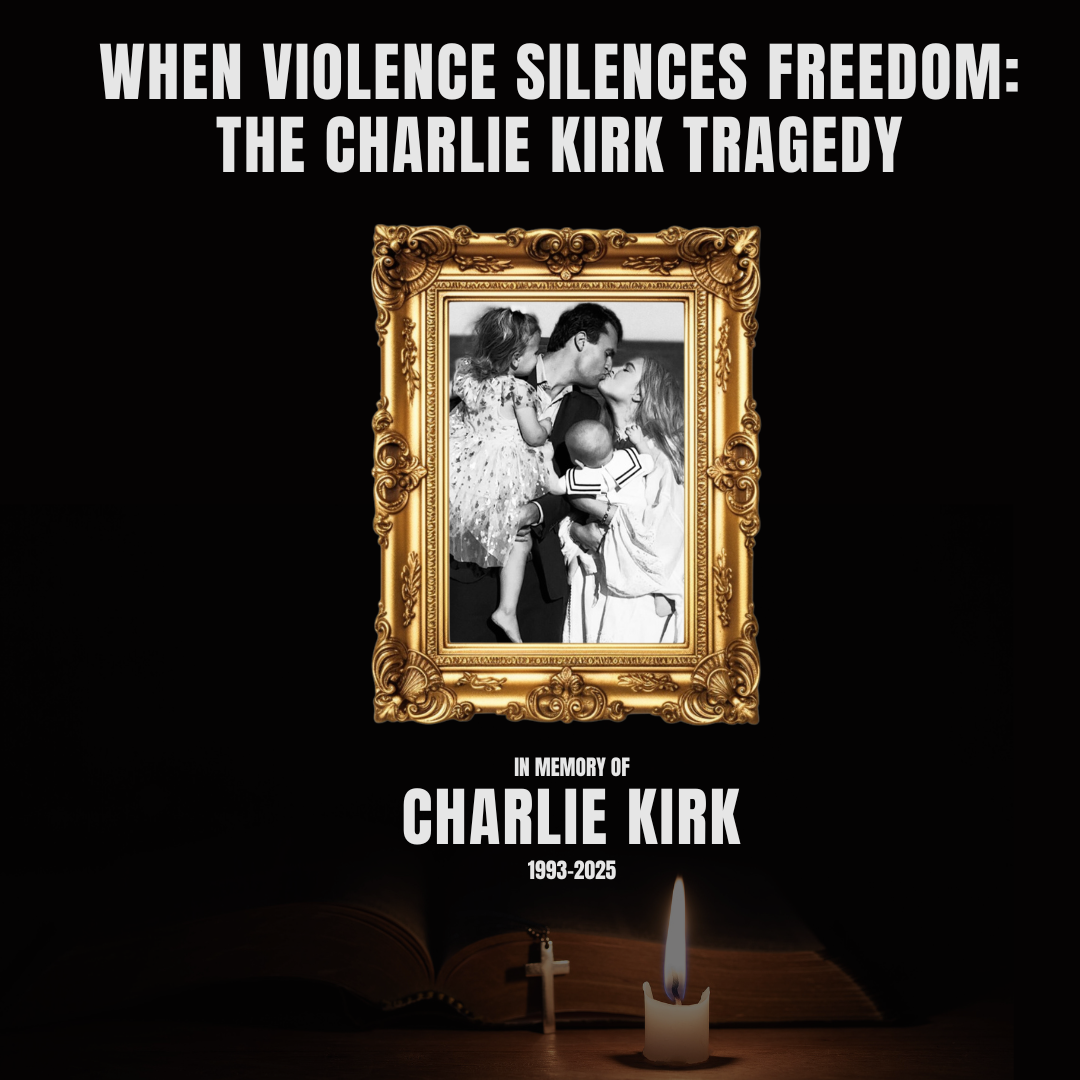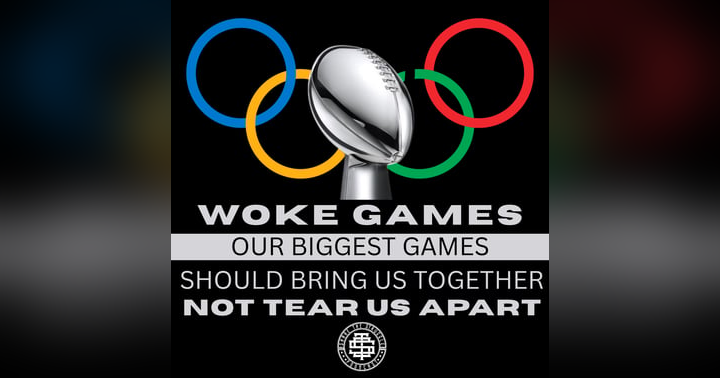When Violence Silences Freedom: The Charlie Kirk Tragedy

The Assassination of Charlie Kirk: A Nation at a Crossroads
The tragic assassination of Charlie Kirk has sent shockwaves throughout America, leaving many of us grappling with profound sadness, confusion, and fear about the direction of our nation. As videos of the shooting spread uncontrollably across social media platforms, we're forced to confront the harsh reality that political violence has reached a devastating new level in our country. This horrific event raises critical questions about responsibility, accountability, and the path forward for a deeply divided America.
Charlie Kirk was more than just a conservative commentator—he was a beacon of faith, a champion for open debate, and someone who gave a platform to all voices, even those who vehemently disagreed with him. His approach to political discourse was refreshingly direct: "Prove me wrong." He stood on stages across America, inviting challengers to debate him live, unscripted, and face-to-face. This commitment to open dialogue is precisely what made him such a powerful and influential voice, particularly among younger Americans seeking authentic discussion about our nation's most pressing issues.
What's perhaps most disturbing about this assassination is how it has been received in certain corners of the internet and media landscape. While millions of Americans—regardless of political affiliation—have expressed horror and condemnation, there have been troubling instances of celebration from individuals who viewed Kirk as an ideological opponent. This response reveals the dangerous depth of division in our society, where some have become so entrenched in political tribalism that they've lost sight of our shared humanity. The normalization of political violence represents an existential threat to American democracy itself.
The media's role in this tragedy cannot be overlooked. Social platforms that have demonstrated their technical capability to suppress certain content—as they have done with political content in the past—allowed graphic videos of Kirk's assassination to spread widely. Meanwhile, some news outlets and commentators have engaged in rhetoric that frames political opponents as existential threats, using language like "fascist," "Hitler," and "dictator" to describe those with whom they disagree. This inflammatory discourse creates an environment where violence becomes more likely, as it dehumanizes political opponents and frames them as enemies rather than fellow citizens with different perspectives.
Erica Kirk's powerful response to her husband's murder offers a path forward. Rather than retreating in grief or calling for revenge, she has vowed to expand her husband's mission, demonstrating remarkable grace, strength, and compassion in the face of unimaginable loss. Her approach embodies Charlie Kirk's message—one of faith, open dialogue, and unwavering commitment to principles—while rejecting the hatred that took her husband's life. Her courage has inspired thousands, with 37,000 new requests to start Turning Point chapters across the country.
As Americans process this tragedy, we stand at a critical juncture. Will we allow political violence to become normalized, or will we unite across ideological lines to condemn it unequivocally? Will we continue to dehumanize those with whom we disagree, or will we recognize our shared humanity and engage in respectful dialogue? Charlie Kirk often advised his followers to occasionally "unplug" from social media and news, to focus on family and faith. Perhaps this wisdom is more relevant now than ever, as we seek healing for our nation.
The assassination of Charlie Kirk can either mark a dark turning point toward more division and violence, or it can serve as a wake-up call that brings Americans together in defense of our democratic values and civil discourse. The choice is ours, and the consequences could not be more profound for the future of our republic.







